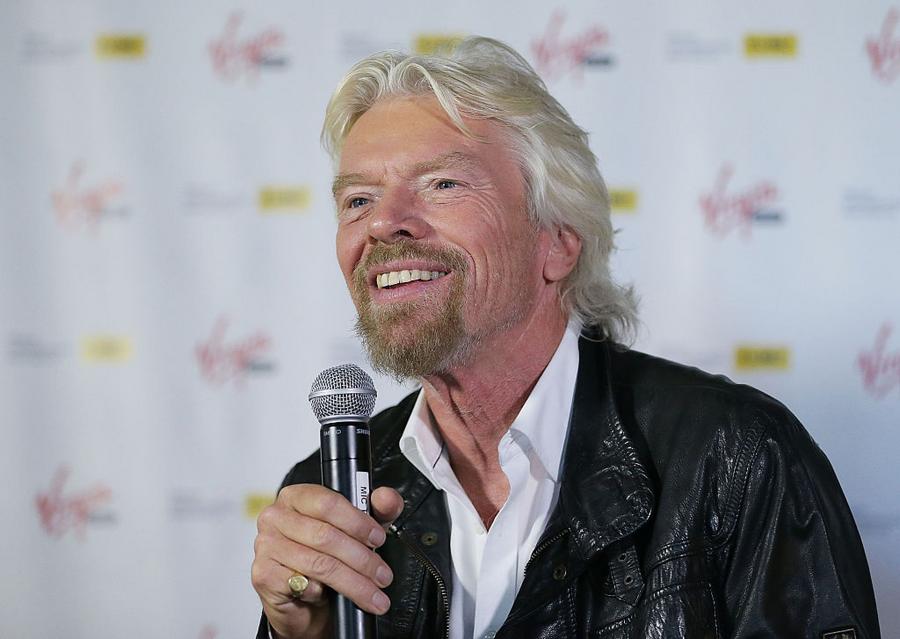You've probably heard a little bit about the concept of universal basic income, or UBI, which is the idea of a guaranteed financial income for all the citizens of a given country in the hopes that such an income is the best way to reduce poverty and improve the economy for everyone. Some say it's a pipe dream or too good to be true, but Virgin billionaire Richard Branson is a proponent of the idea, saying as much in a recent interview with The New York Times:
"A basic income should be introduced in Europe and in America … It's great to see countries like Finland experimenting with it in certain cities … It's a disgrace to see people sleeping on the streets with this material wealth all around them."

Mark Metcalfe/Getty Images
The Finnish experiment Branson refers to was actually discontinued after about two years, but he draws a connection between the concept and the increasing automation of jobs due to advances in artificial intelligence technology:
"I think A.I. will result in there being less hours in the day that people are going to need to work … You know, three-day workweeks and four-day weekends … Then we're going to need companies trying to entertain people during those four days, and help people make sure that they're paid a decent amount of money for much shorter work time."
Branson is far from the only high-profile billionaire to pay lip service to the concept of universal basic income. Tesla CEO Elon Musk recently tweeted in favor of the policy, and Mark Zuckerberg's Harvard commencement address touched on it as well:
"Let's face it: There is something wrong with our system when I can leave [Harvard] and make billions of dollars in 10 years, while millions of students can't afford to pay off their loans, let alone start a business … We should explore ideas like universal basic income to give everyone a cushion to try new things."
Branson says that both the United States and Europe would benefit from such a policy, and it's likely he feels that every rich nation should institute some form of universal basic income in order to contend with automation and its unavoidable accompanying loss of jobs.
/2018/12/GettyImages-487682514.jpg)
/2017/07/GettyImages-477100363.jpg)
/2017/12/GettyImages-477100363.jpg)
/2018/10/GettyImages-104016838-e1539584075322.jpg)
/2017/01/GettyImages-627553078.jpg)
/2020/04/GettyImages-104016842.jpg)
/2019/01/James-Altucher.jpg)
/2013/12/dan.jpg)
/2011/12/John-Mara-1.jpg)
:strip_exif()/2020/06/taylor.png)
/2010/12/kate-1.jpg)
/2020/10/the-miz.png)
/2011/12/Rooney-Mara1.jpg)
/2020/08/gc-1.jpg)
/2014/04/GettyImages-886617106.jpg)
/2011/01/Aaron-Rodgers.jpg)
/2022/10/peter-krause.jpg)
/2010/03/emil.jpg)
/2020/04/hailey-joel.png)
/2015/09/Daley-Thompson.jpg)
/2020/10/david.jpg)
/2009/11/Brandon-Jennings.jpg)
/2019/01/Kennedy-Montgomery.jpg)